A cup of Kopi Luwak— the world’s most expensive coffee — can sell for as much as $80 in the United States. If that doesn’t wake you up like your favorite high-octane cuppa, this fact just might: Kopi Luwak is also also known as cat poop coffee. But don’t quit your day job and start adding coffee beans to your house cat’s kibble.
The coffee comes from beans that are partially digested and then pooped out by the Asian Palm Civet. The digestive enzyme inside the civet’s gastrointestinal tract change the structure of protein in the coffee beans, which lowers the acidity and makes a, shall we say, smoother cup of coffee.
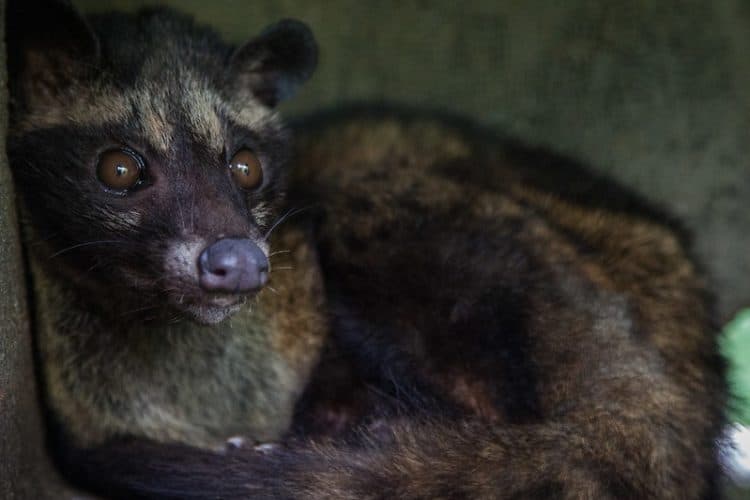
Kopi Luwak’s origins are innocent enough; people foraged for the cat’s droppings in the wild, leaving the civets unharmed and left alone to venture in the forests. But an increasing demand for this “luxury” coffee is now harming thousands of innocent civets. Instead of allowing them to live in their natural habitats,unscrupulous entrepreneurs are capturing civets in order to mass produce Kopi Luwak coffee beans.
Unfortunately for consumers, there is no way to tell whether a bag of kopi luwak was responsibly sourced from the forest floor, or collected from caged, abused civets. The Asian palm civet (Paradoxurus hermaphroditus) is native to South and Southeast Asia.
These naturally shy and solitary creatures suffer immensely from the stress of being caged and being kept in such close proximity to each other. Their health catastrophically declines as their diet is reduced to coffee cherries.
The forced diet and claustrophobic environment cause the civets to fight, gnaw off their own legs, and pass blood in their scat. In many cases, these nocturnal animals are relocated to traffic and tourist-filled areas. As a result, the civets die premature, painful deaths.
While civets do eat coffee cherries in the wild, it’s not their only source of nutrition. They are omnivorous creatures and enjoy berries, pulpy fruits as well as small mammals and insects. They also help to maintain tropical forest ecosystems via seed dispersal.
For the incessant manufacture of coffee, these civets are tortured by only being fed coffee cherries. They must stand in their own dung and urine for days in cages so small that there is no space for bedding. The wire floor on which the civets are forced to stand leads to sores and abrasions that are a constant source of discomfort and pain.
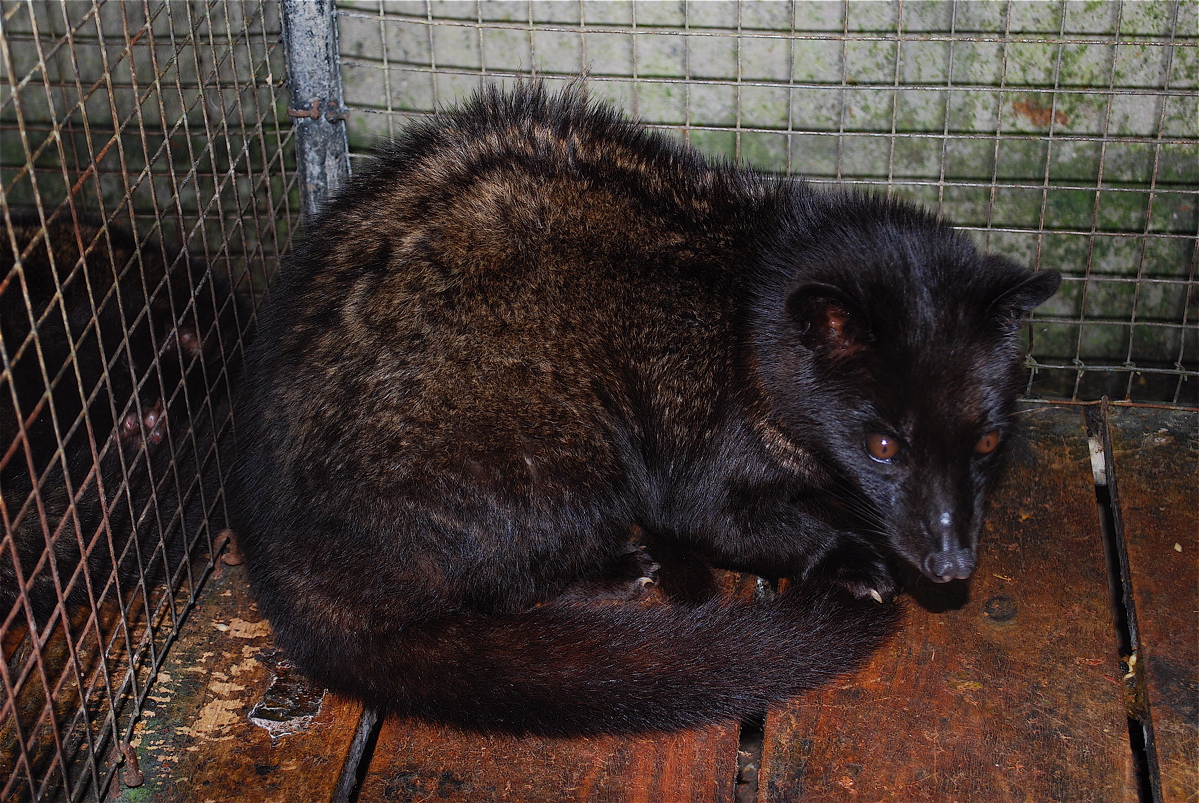
Researchers from Oxford University’s Wildlife Conservation Research Unit and the London-based non-profit World Animal Protection assessed the living conditions of nearly 50 wild civets held in cages at 16 plantations on Bali. They observed the size and sanitation of the cages to the ability of their occupants to act like normal civets.
Every plantation they visited failed basic animal welfare requirements. They saw severely underweight civets — the result of a restricted diet of only coffee cherries — and they observed obese civets — the result of never being able to move freely. In all cases, the researchers found the civets to be unnaturally anxious and restless from the large amount of caffeine they are forced to consume.
A recent investigation from Moving Animals has revealed yet another disturbing dimension in the industry: unable to cope with captivity, these civets are driven to self-mutilate, and chew their tails down to the near-bone in anxiety and boredom.
Tony Wild, the coffee executive responsible for bringing Kopi Luwak to the Western world, has stated he no longer supports using it due to animal cruelty. He launched a campaign called “Kopi Luwak: Cut the Crap” to halt the use of the infamous luxury coffee.
Before you take a sip of Kopi Luwak, just take a second and think about it. Is it worth it?
What can you do?
Don’t buy civet coffee. Even Kopi Luwak promoted as from a 100% ‘cage-free’ source usually is not. Don’t visit civet farms in Bali. Don’t support operators who offer tours to such facilities. Write to retailers selling Kopi Luwak asking them to stop selling civet coffee and sign this petition telling travel companies to stop promoting this cruel trade.
This article was first published by OneGreenPlanet on 26 October 2019.


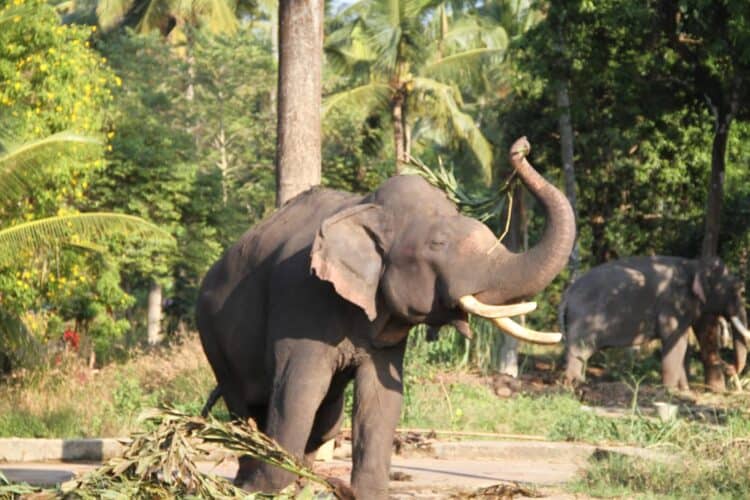
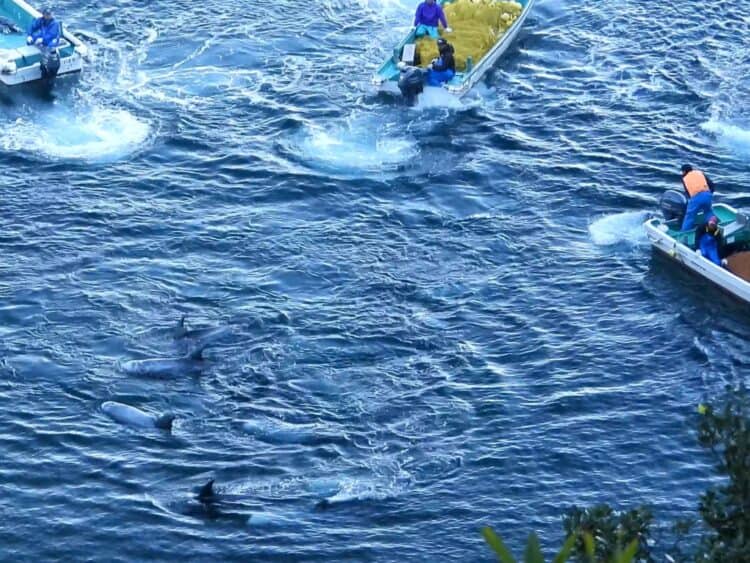
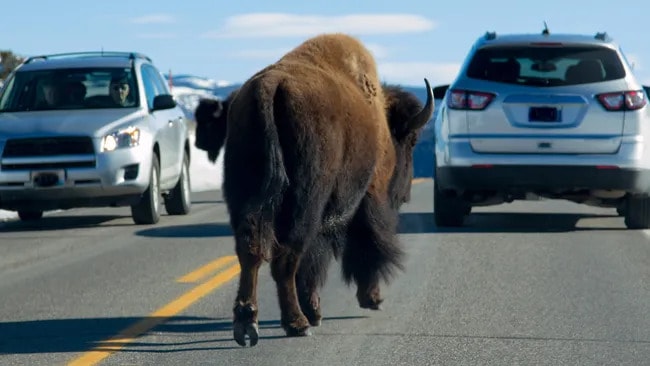
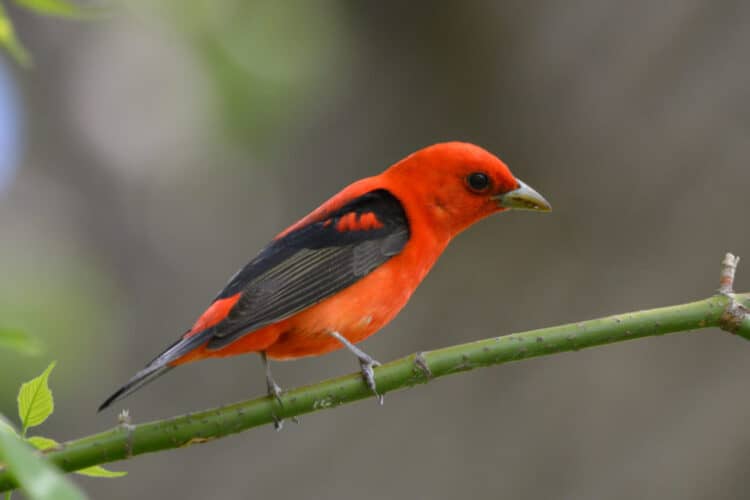
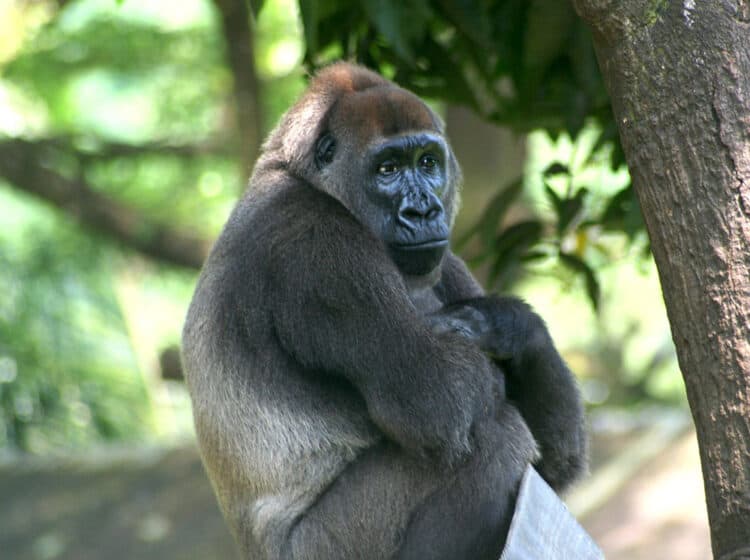
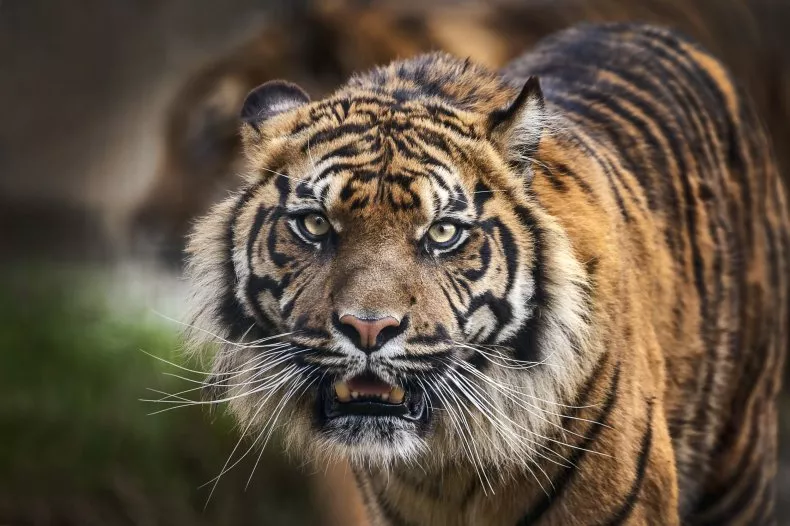
Leave a Reply